Fixing the digital environment – how can the Balkans use the EU toolbox
The panel opened with a discussion about tools related to the digital market and digital services and what non-EU countries can do with them. This panel was organized as a part of the policy discussions in the field of digitalization and connectivity in advance of the Tirana Civil Society Forum, which will take place in October in Tirana in the context of Albania’s presidency of the Berlin process.
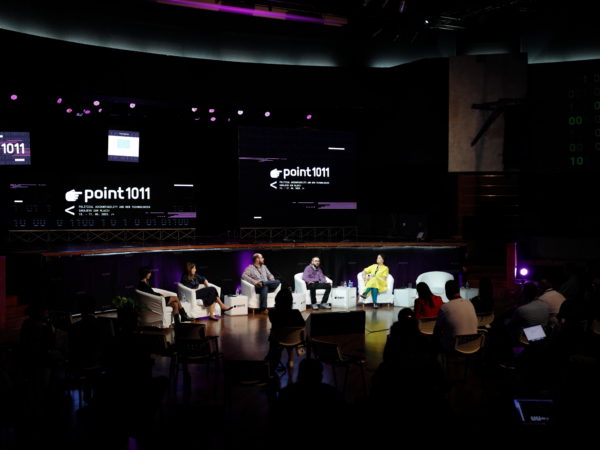
Photo: Vanja Čerimagić
The moderator of this panel was Tijana Cvjetićanin from CA “Why not”, and the participants were Bojan Perkov from SHARE Foundation, Carlos Hernandez-Echevarria from Maldita, Jelena Berković from Faktograf, SEECheck and Maida Ćulahović from Communications Regulatory Agency of Bosnia and Herzegovina.
Bojan Perkov referred to digital services and described them as part of the “legal bubble” introduced by the EU a few years ago. As he further explained, DSA (Digital Single Market) is focused on content and how platforms deal with it, as well as the way users use those platforms. He believes that DSA will play a big role in the national implementation and it will be possible to see how platforms react to illegal and harmful content. The goal is to create platforms that will be responsible for the content and their transparency.
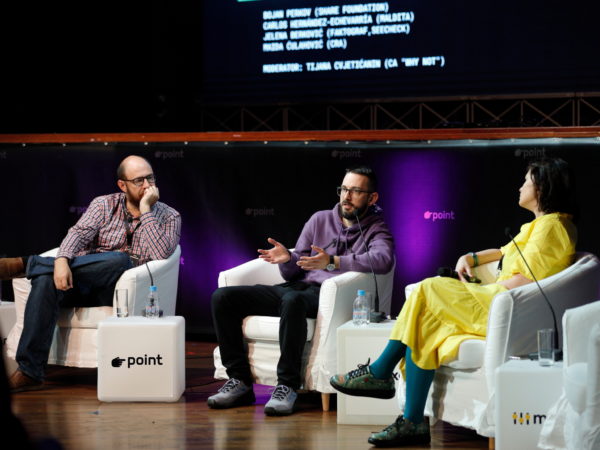
Photo: Vanja Čerimagić
Carlos Hernandez-Echevarria stated that there is a “grey area” where illegal content is shared such as child pornography and that DSA regulates these fields, and great efforts are made in accordance with the law. In addition to illegal content, harmful content is also observed. He mentioned the Code of Practice that determines how large platforms should work, but he is sure that such platforms will not miss the opportunity to do what they have committed to. In the long run, the public will be better informed about the harm of such content. In this way, such platforms are given the chance to regulate themselves. He also believes that DSA provides good mechanisms for regulation, but time will show how effective they are.
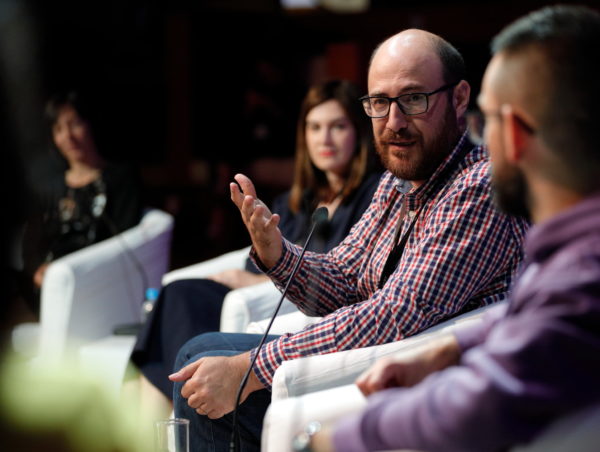
Photo: Vanja Čerimagić
Maida Ćulahović pointed out that it is very important to talk about this topic and what should be done so that Bosnia and Herzegovina does not fall behind. As she said, BiH should follow what the EU countries are doing in this matter and that they are observers in ERGA. Now the most talked about is online media, which currently represents the biggest problem. The problem in this area is that there is no ownership information and there is no media registration in BiH. They are trying to establish a platform in BiH that will respond to harmful media content.
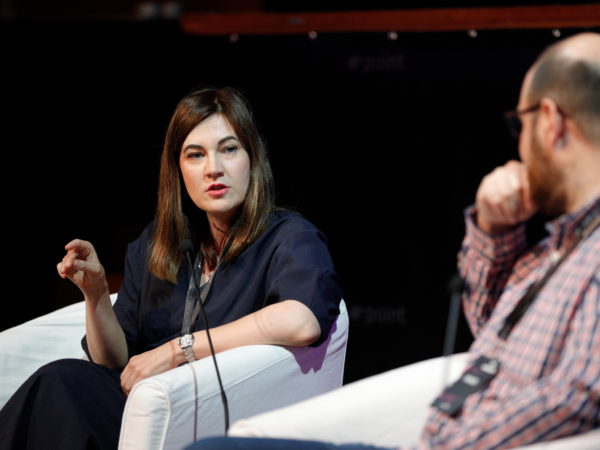
Photo: Vanja Čerimagić
Jelena Berković believes that Western Balkan cannot be left as a “black hole”, and that DSA, DMA and Code of Practice are applied within the EU. She looks at this as some kind of exercise and an experiment. As she explained, it looks very nice on paper, but we will see what practice will show and she can’t wait to see what its impact will be. She stated that there are groups that discuss these topics such as university researchers in partnership with fact-checkers and they support this system. Also, a strong non-governmental sector is involved in these discussions. Western Balkans still have a lot of work to do in this area, and the main problem comes from the cultural nature and lack of laws. Although Croatia has an agency that regulates this matter, it is under the strong influence of the authorities. Next year, Croatia will have elections, and, at this moment, she cannot say that she is optimistic because they do not have a system to rely on, and she is worried about what the next steps will be.
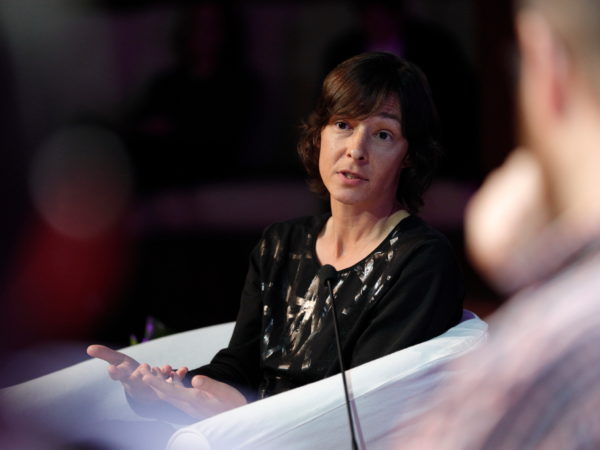
Photo: Vanja Čerimagić
Author: Emina Kuštrić